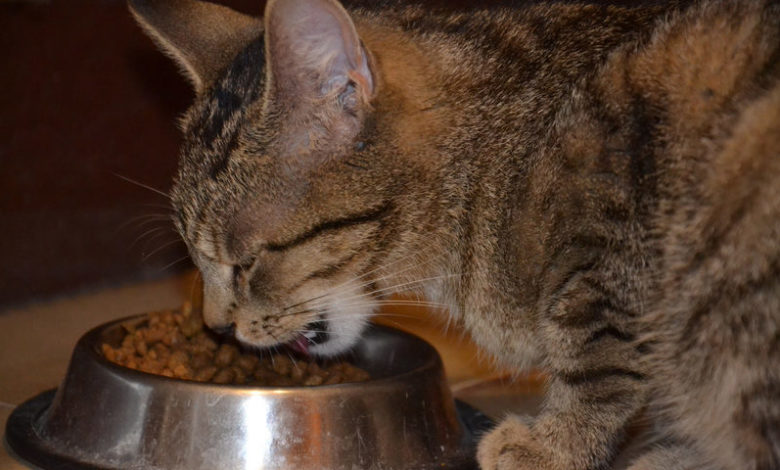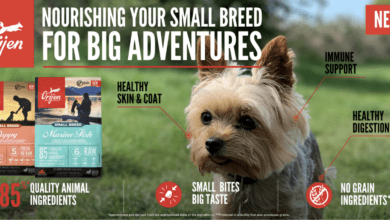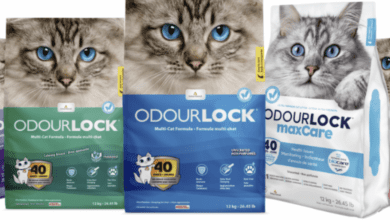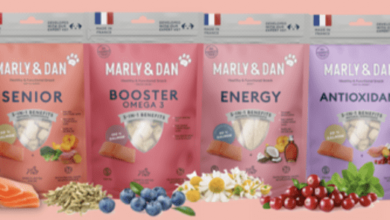Humanisation in the pet food industry

As more owners consider their small companions as to be their direct equals and impose their own lifestyles and preferences onto them, this change in ideology has trickled into the pet trade and led to a ‘humanisation’ process of the manufacturing industry. Pet owners now aim to give them a healthier lifestyle concurrent to the way society is seeing humans strive to better their own.







